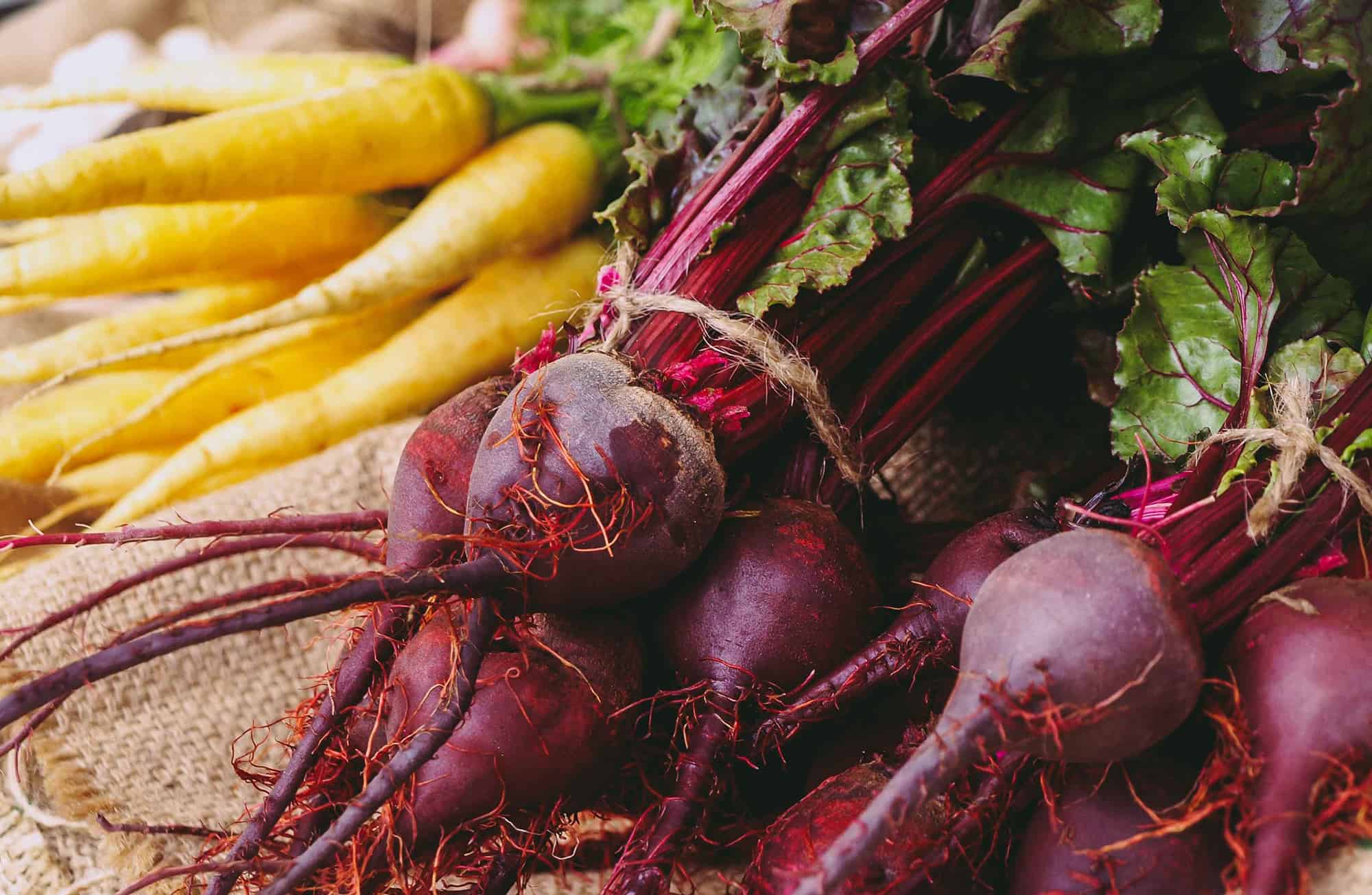Almost everyone craves sweets. Instead of depending on processed sugar, you can add more naturally sweet flavor to your daily diet and dramatically reduce sweet cravings. Certain vegetables have a deep, sweet flavor when cooked, like corn, carrots, onions, beets, winter squash (butternut, buttercup, delicata, hubbard, and kabocha), sweet potatoes, and yams.
Some lesser-known vegetables that are semi-sweet are turnips, parsnips, and rutabagas. And there is another group of vegetables that don’t taste sweet but have an effect on the body similar to that of sweet vegetables.
These include red radishes, daikon radish, green cabbage, red cabbage, and burdock. Because many of these vegetables are root vegetables, they are energetically grounding, helping to balance out the spacy feeling people often experience after eating other sweets. Other delicious ways to incorporate sweet vegetables into your daily diet include eating raw carrots, baking sweet potato fries, roasting squash, making soup with corn and onions, or boiling beets to put on top of your salad.
Serving Up a Sweet Sensation
A simple way to cook sweet vegetables is to follow a recipe I call “Sweet Sensation.” It has few ingredients, and preparation time is minimal.
Use one to five of the sweet vegetables mentioned above.
Chop the hard vegetables, like carrots and beets, into small pieces.
Cut the softer vegetables, like onions and cabbage, into large chunks.
Add enough water to a medium-sized pot to barely cover the vegetables. You may want to check the water level while cooking, and add more water if needed. Remember, vegetables on the bottom will get cooked more than the ones on the top. Cook to desired softness. The softer the vegetables get, the sweeter they become.
Add any of the following ingredients: Spices, salt, and/or seaweed. You may also add tofu or beans for extra protein.
When the vegetables are cooked to your satisfaction, empty the ingredients into a large bowl, flavor as desired, and eat. The leftover cooking water makes a delicious, sweet sauce and is healing, a soothing tonic to drink by itself.
Happy Cooking!
Reprinted with kind permission of Integrative Nutrition LLC. Integrative Nutrition: A Whole-Life Approach to Health and Happiness (2018), p. 199.









































